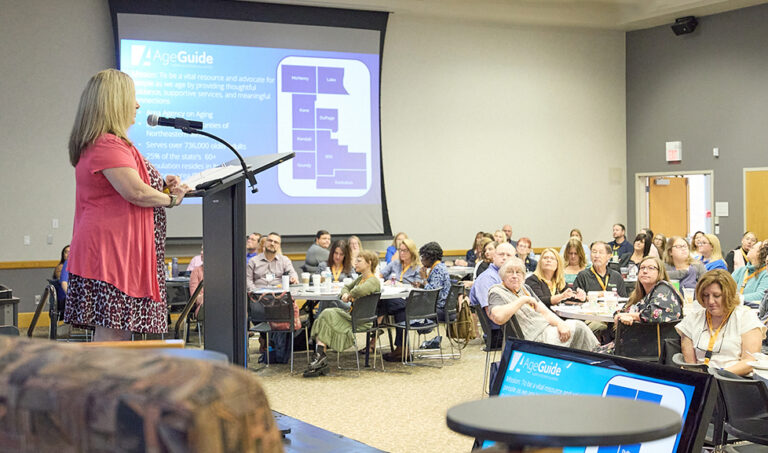Every issue, we ask our readers to share their insights on a specific topic. Read their thoughts, and then let us know yours, or watch for our next question in our weekly newsletter.
Q: What are the best (or worst) steps you’ve taken to protect your finances?
Optimize your finances by putting your money to work for you through investments. Streamline your budget by trimming unnecessary expenses. For instance, if you require round-the-clock care, consider switching to live-in care for better value. If agency fees are too high, explore placement agencies that connect you directly with a care team, potentially halving your costs. — Melody Lynch, CEO at NorthShore Home Care
I think it’s important to find a trustworthy financial planner to help with long-term financial success. They can help invest in the right options. — Beth Comer, Westlake, Ohio
No. 1: Follow a strict budget when you go to the grocery store. Have a list, use coupons, and don’t buy anything that’s not on your list. I’ve always done it that way. — Margie Brandt, Vernon Hills, Illinois
We invested in our future by adding money to our retirement account in our 20s and on. I purchased long-term care insurance, which will help save us hundreds of thousands of dollars when I need help. The worst thing anyone can do is to ignore the aging process and not plan for future needs. — Jennifer Prell, via LinkedIn
We need to think about the entire family unit. I find that once the adult children start to realize how much it cost for their parent to live in a long-term care facility, they [wonder] why I didn’t start saving sooner myself for LTC insurance. The last thing a parent wants to be is a financial burden to their children, making them cover the expenses of a caregiver. Plus, they really don’t want to liquidate their savings on the last place they live with a risk of moving to a lower-grade facility. — Michael Mann, via LinkedIn
Everyone, no matter their age, should name a trusted contact with their bank or investment firm. This trusted contact does not have any authority or access to account information but is there as a backstop for the institution to reach out to if signs of dementia or cognitive decline begin to show, or if there’s suspicion of potential financial abuse or fraud occurring. — Keith Piscitello, Financial planner and founder of Simply Sophisticated Wealth Planning
I believe a two-step authorization for all financial sites is a good first step for protecting finances. Passwords should be changed every year. Spouses (and children in some cases) should know important passwords, including access to home computers and cell phones. Spouses should know location and how to access all assets (cash investments, time shares, etc.). Both spouses must know how to pay monthly bills, including real estate taxes, estimated taxes, utilities, lease and loan payments. The location of a safe deposit box and where the keys are located should be made known to a trusted family member. Contact information for attorneys, doctors, accountants, and insurance professionals should be shared with trusted family members. Depending on the size of the estate, a current estate plan is a must. It should be discussed with the beneficiaries. I believe that cleaning out closets, cabinets, and drawers of accumulated items that hold no value is a good way to focus on what is of value in your home. — Barry Rubin, Retired CPA, Chicago’s Northwest Suburbs











